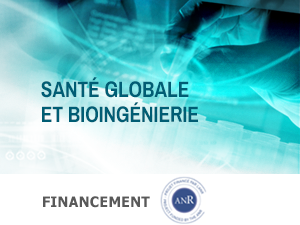Biology is undergoing an important paradigm shift: the individual is now considered as a holobionte integrating the community of microorganisms it hosts and which participates in its construction. Within the framework of this ecosystem individual, selection at the holobionte level should lead to co-adaptation between the members of the consortium. This co-adaptation hypothesis is however based on strong assumptions, such as the alignment of the partners' interests, but this has rarely been rigorously tested.
The objectives of the Hmicmac project are precisely to test whether and how the host (H) and its microbial partners (M) are co-adapted. For this, we will use simplified H×M interaction systems consisting of hemipteran insects (aphids and whiteflies) and their vertically-transmitting symbionts. The Hmicmac project is based on an experimental protocol that will allow us to analyze the functioning of H×M interactions in different environments and at different levels of organization. Its originality lies in the ability to study both natural H×M interactions, but also new H×M interactions that will be tested on the one hand immediately after the rupture of potential co-adaptations, and on the other hand after a period of experimental evolution. This protocol will allow to evaluate the extent and the capacity of rapid evolution of co-adaptations.


